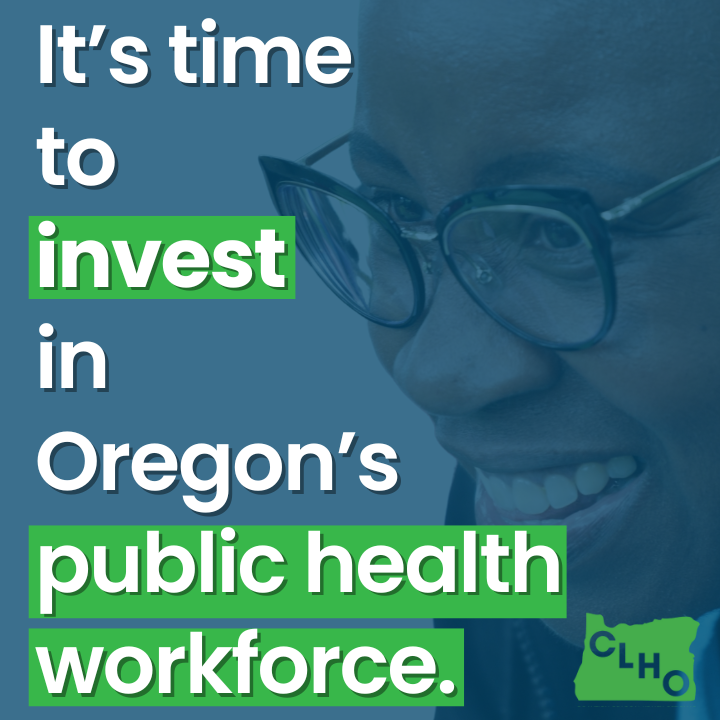OPINION -- Honoring a rather unpleasant tradition, the September issue of Health Affairs published yet another peer-reviewed study confirming that administrative costs in the U.S. healthcare system are the highest in the world. These administrative costs do not improve patient care. They pay for more administrators.
Each American physician requires 10 administrators to stay in business. Why does American healthcare require twice as many administrators as any other healthcare system?
Because these additional administrators perform a function totally unnecessary in other countries: They restrict access to healthcare and limit benefits of patients who do gain access.
If restricting access and limiting benefits produced a healthier population at lower cost, then Americans could be proud of our massive number of administrators. But the U.S. does not have a healthier population and our healthcare is not inexpensive. In fact, our public health is the worst in the developed world, and our healthcare system is the most expensive of any nation on the planet.
Some blame government bureaucracies for these excessive administrative costs. But let’s not be hasty. Per patient, private insurance overhead exceeds that of Medicare, Medicaid, and the VA – combined. We may have doubts about our government to spend money in other areas, but when it comes to reducing the administrative costs of health care, government programs are ten times as efficient as private insurance.
Restricting access and limiting care is an expensive process, consuming more money than we would spend simply providing unrestricted access and treating all treatable diseases. How do we know? Because every healthcare system in the world that implements universal care without limiting benefits ultimately provides better care to more people for less money.
Where does our private insurance model lead us astray? The primary goal of insurance companies, like all other businesses, is to make more money than they spend. But an insurance company cannot stay solvent selling comprehensive policies at affordable prices to people who will get sick. So insurance companies spend a lot of money to avoid populations that include sick people, to shift costs to patients, to limit benefits, and to exclude physicians who care for patients with expensive diseases (e.g., AIDS, cancer). After all, who will buy a policy that lets you go broke before you get better?
How much money do insurance companies consume in their (so far successful) efforts to avoid selling policies to sick people and limiting their care? A conservative estimate is $400 billion annually (that’s $5 billion annually in Oregon).
How much would the US spend if we simply provided comprehensive care to everyone? About $300 billion ($3.3 billion in Oregon).
The math produces an inescapable conclusion. If Oregon diverted all the money we currently spend
to restrict access and limit benefits and instead invested directly in healthcare, we could provide comprehensive care to everyone and save ourselves $1.7 billion dollars.
There is no mystery. A statewide healthcare program that diverted all the money we currently spend on insurance premiums and out-of-pocket payments into a single agency that paid for comprehensive healthcare for everyone would cost less than we spend now. Not only that, but all Oregonians would enjoy healthcare when they need it, no matter what their employment status might be. We just need to stop paying money to restrict access and limit care.
It’s obvious that the barriers to healthcare cost more than providing healthcare. If we commit to universal healthcare in Oregon, we can not only save money but get better care.
Samuel Metz is a private practice anesthesiologist who lives and works in Portland. He is a member of Physicians for a National Health Program and a founding member of Mad As Hell Doctors, both of which are organizations that advocate for universal health care in Oregon and nationally. He is collaborating with State Sen. Michael Dembrow on finding private funding for the HB 3260 study of financing universal health care in Oregon. He can be reached at [email protected].
Comments
really?
reply from author of "Implementing universal health care..."
Vermont experience
Vermont has spent a lot of money on it's single payer plan, and now is bailing out of it, due to excess tax costs, and expected economic damage: http://www.politico.com/story/2014/12/vermont-peter-shumlin-single-payer-health-care-113653.html


